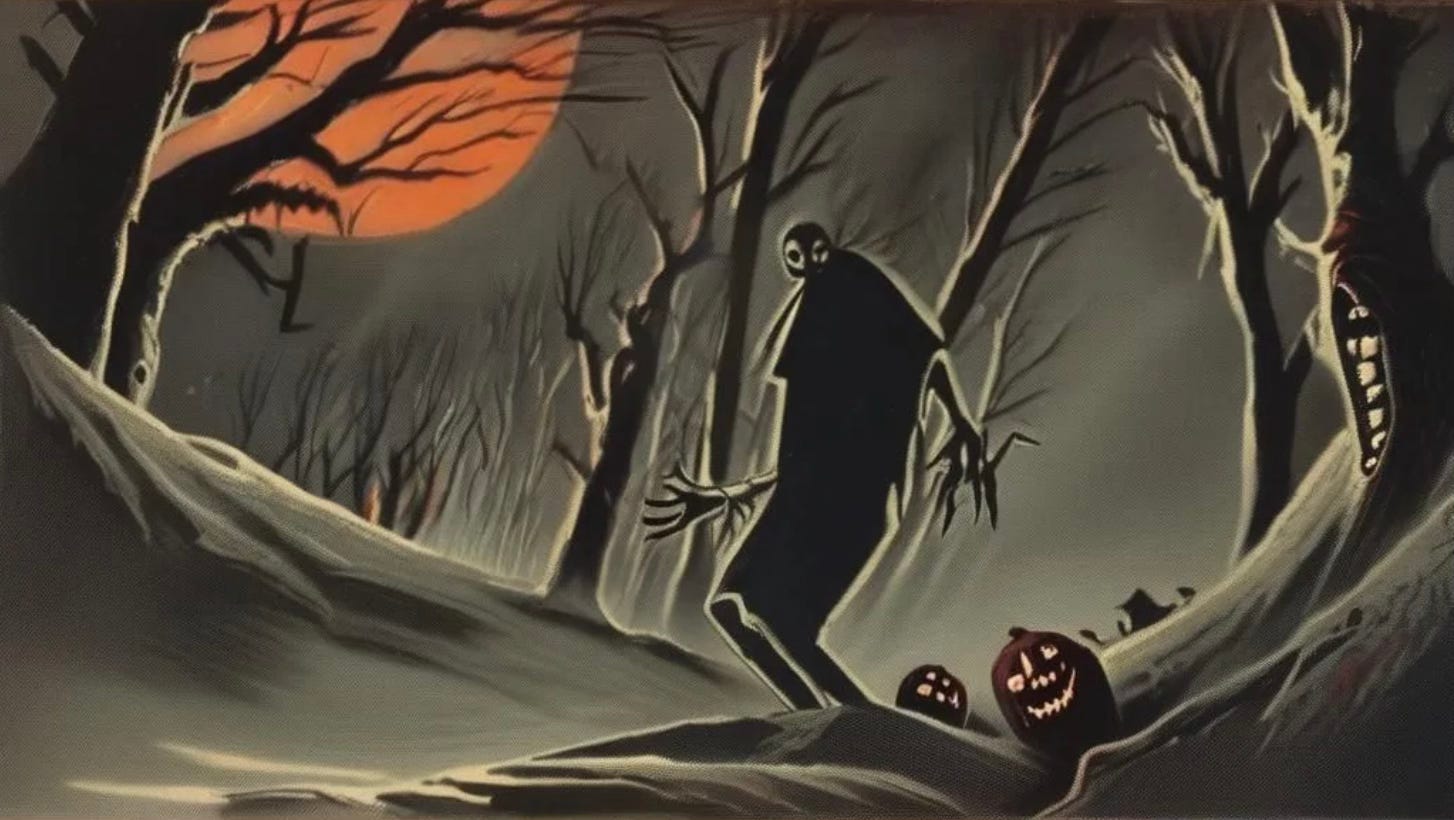The Surprising Benefits of Scary Fun
This week my wife and I are attending the Nightmare in the Ozarks Film Festival in Eureka Springs, Arkansas, founded by Coltan Scrivner, an expert in morbid curiosity - our interest in information about danger or threats. Many of us, especially around Halloween, like to engage in activities that involve scares, from watching h…


